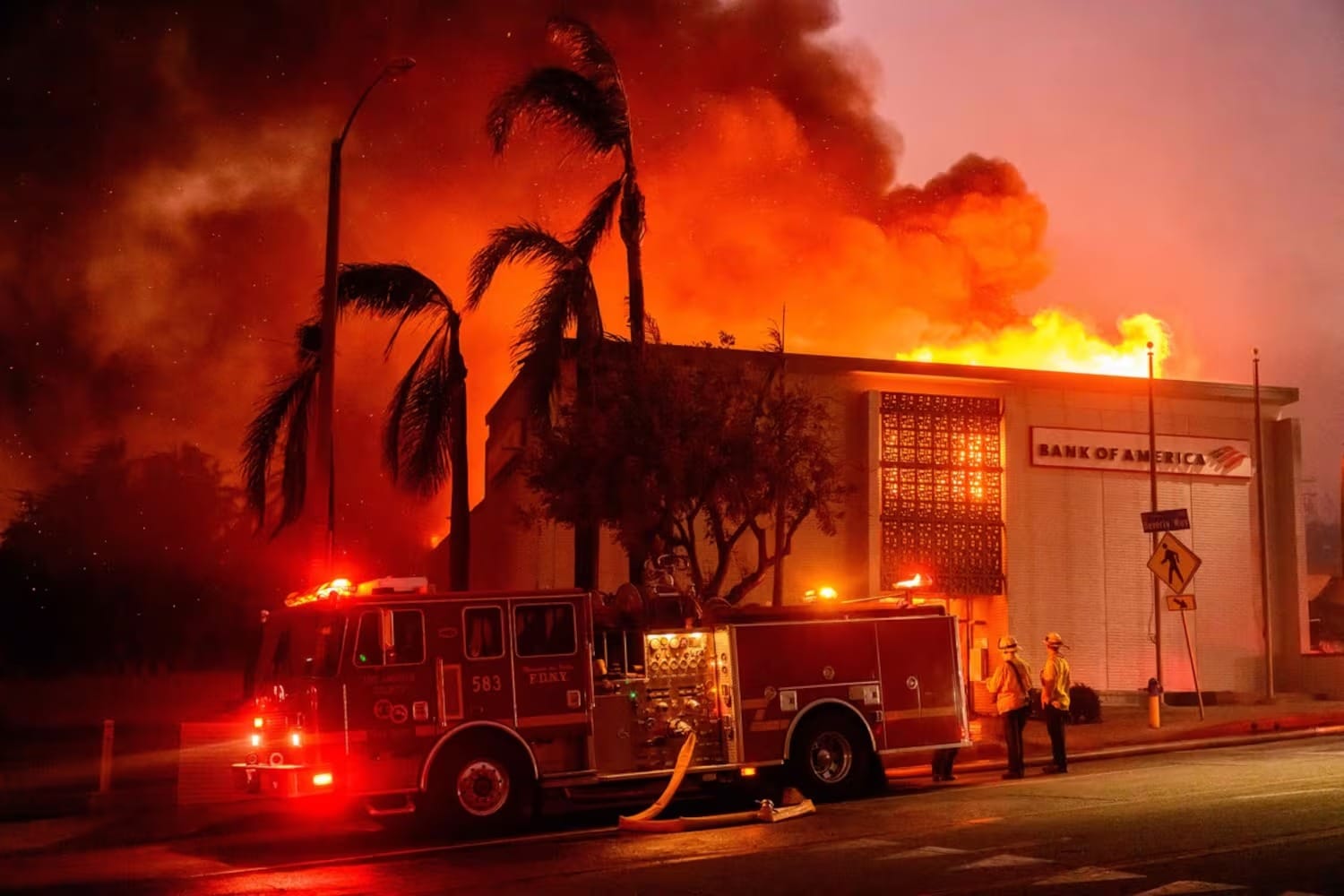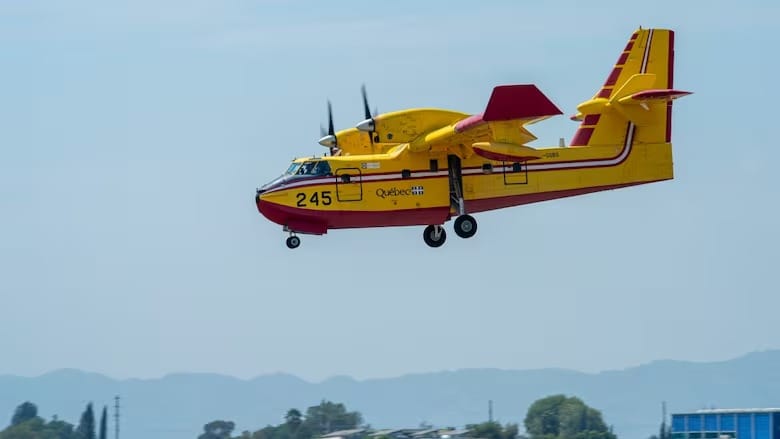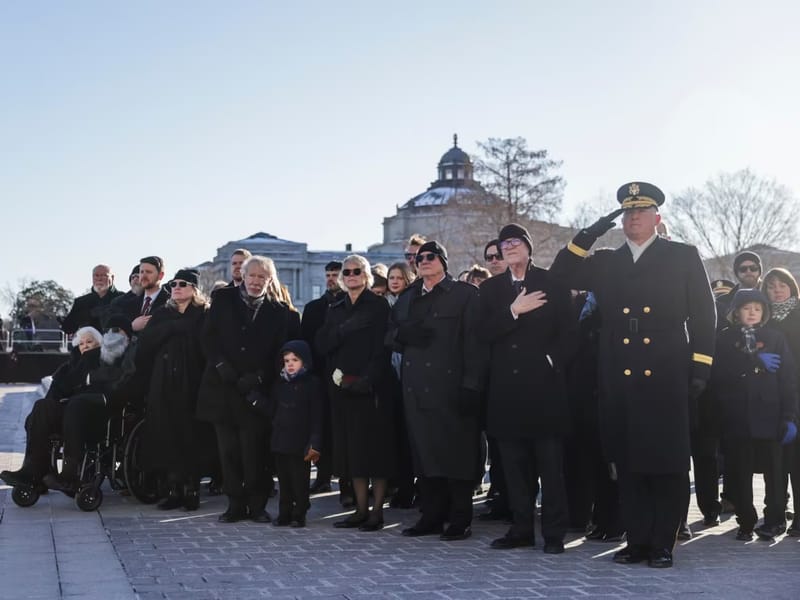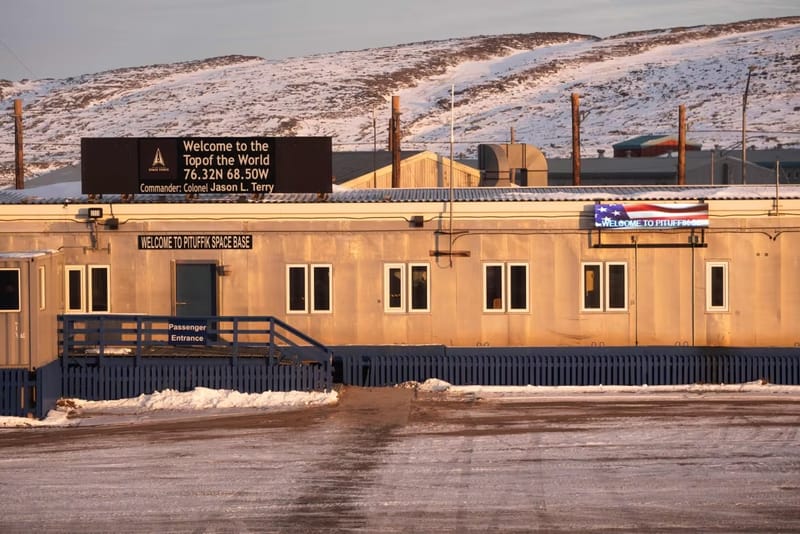Los Angeles fires still untamed, at least 10 dead
"It feels like the apocalypse," Oren Waters told AFP, standing in front of his burned-out home in the town of Altadena, north of Los Angeles. "To come back and see this is unimaginable."

The fires continue to rage on the outskirts of Los Angeles, producing dense, acrid white smoke, with the major blazes still out of control by Thursday evening. The fires have claimed at least ten lives, and military reinforcements are set to assist in the battle.
As of Thursday evening, the fire was still consuming the upscale Pacific Palisades neighborhood, home to multimillion-dollar estates, located between Malibu and Santa Monica. Despite the efforts of helicopters dropping water during a temporary break in the strong winds, the fire remained unchecked.
The fire in Altadena, which had spread rapidly, was reported to have slowed, although it had not yet been fully contained, according to fire officials. About 180,000 people remain under evacuation orders, and thousands of structures have been either destroyed or severely damaged.
U.S. President Joe Biden has described the wildfires as "very widespread" and "devastating" during a crisis meeting held just days before the end of his presidency.
Aerial surveys over Malibu and Pacific Palisades revealed that what were once luxurious homes with stunning ocean views are now reduced to twisted metal frames and piles of ash.
To bolster firefighting efforts, California Governor Gavin Newsom has called for several hundred military personnel to assist in tackling the fires and managing the looting, which has resulted in at least 20 arrests in recent days. The National Guard will help maintain order and support the thousands of firefighters working tirelessly.
"Let’s be clear: looting will not be tolerated," Newsom emphasized.
Amid the devastation in Altadena, some residents are taking matters into their own hands by patrolling their neighborhoods to prevent looting. A curfew has been imposed on the evacuated areas of Santa Monica.
"I didn’t save this house for some idiot to come and rob me," said Nicholas Norman, who spent the night guarding his property after using buckets of water to fight off the flames.
Kalen Astoor, another local resident, expressed devastation at the destruction, calling the scene in Altadena one of "death and destruction."
Although the winds, which had been as strong as 160 km/h, have calmed, conditions remain "critical" due to ongoing dry conditions in the hills.
"The winds are still historic. This is absolutely unprecedented," said Los Angeles Mayor Karen Bass.
The weather warning is expected to last until Friday, with authorities predicting further fire activity.
On Thursday afternoon, a new fire ignited near Calabasas, close to the affluent Hidden Hills neighborhood, home to celebrity Kim Kardashian. Thankfully, the fire near the Hollywood Hills has been contained, and evacuation orders were lifted earlier in the day.
Officials are urging Californians to conserve water as some reservoirs that supply water to fire hydrants have been depleted due to the firefighting efforts.
Amid the fires, President-elect Donald Trump made misleading claims about California’s water shortages, blaming Democratic environmental policies. However, much of Los Angeles' water supply comes from the Colorado River and is primarily used for agriculture, not urban needs.
“Climate change is real,” President Biden reiterated as he prepares to hand over power to his climate-skeptic successor on January 20.
The fires have disrupted the entertainment industry, with film and series productions halted, and the Oscar nominations delayed by two days to January 19. Universal Studios Hollywood, which had been closed for the past two days, is set to reopen on Friday.
Meteorologists report that the hot, dry Santa Ana winds are stronger than those seen since 2011, contributing to the challenges faced by firefighters. The state is recovering from two years of heavy rainfall that resulted in overgrown vegetation, which is now fueling the fires due to the prolonged dry period.
Scientists have linked the increased frequency of extreme weather events to climate change.





